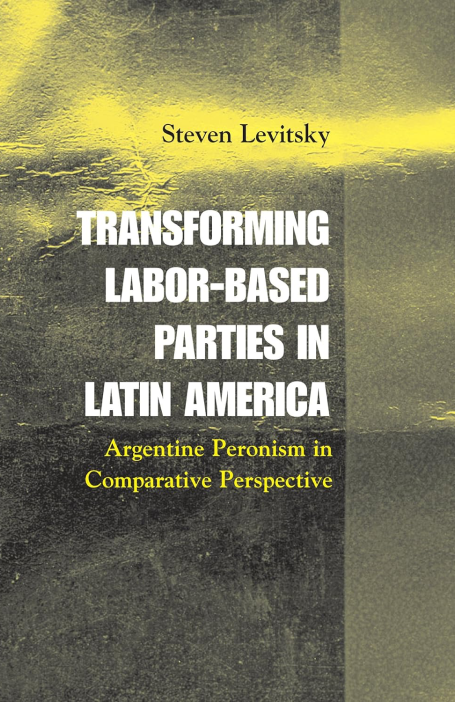350 5th Ave #4202
New York, NY 10118
T: +1 (212) 246-8486
E: [email protected]
Copyright 2024 Human Rights Foundation
350 5th Ave #4202
New York, NY 10118
T: +1 (212) 246-8486
E: [email protected]
Copyright 2024 Human Rights Foundation


No results found.
Hit enter to search or ESC to close